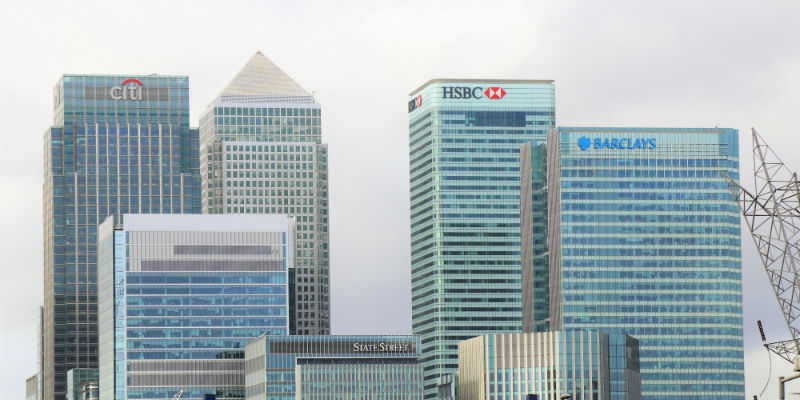How to Keep Your Financial Institution Secure

Financial institutions provide a place for the public to store their hard-earned money. Clients and regulatory bodies expect that money to be protected and kept secure at all costs.
But, as a financial institution, you are also subject to many forms of breach, from cyberattacks targeting data, files and online funds, to theft of physical property, including cash, equipment and more.
To protect your credit union, bank, or other financial institution from crime, consider the following security tips:
Securing Data
1. Secure file sharing
Your financial institution manages and maintains all types of confidential information from personal data to financial modelling data. Sometimes, this information will need to be shared with others inside and outside your company. To ensure this information is kept safe, you must use secure file sharing programs with the security features necessary for you to conduct your day-to-day business.
2. Avoid scams
We are regularly warned about the dangers of scams and phishing emails in our personal lives, but employees will often forget to extend precautionary measures to the emails they receive at work. You must train your employees on recognizing suspicious emails and what to do when they receive them. Otherwise, they could open your business up to cyberattack.
3. Screen contractors and employees
Before hiring someone to work for your business or to help with any of your institution’s day-to-day responsibilities, be sure they are properly vetted to decrease the likelihood of employing a rogue vendor. Similarly, you must properly vet your employees before allowing them to access your files and confidential information.
4. Only allow access through company-issued devices
If your employees require access to files when they are offsite, ensure that they are only able to do so on company-issued phones and laptops that are properly safeguarded against intrusion.
5. Require strong passwords
As a financial institute, it is critical that you implement a strict password policy and that all programs requiring passwords do not allow simple passwords that can be easily hacked. Train you, employees, to create complex passwords that cannot be easily determined and ensure that they are changed on a regular basis.
Securing physical property
1. Consider managed access control
An integrated security solution should include managed access control to restrict access to sensitive areas and protect your valuable assets from external or internal theft. This form of keyless entry will allow you to limit employee access to specific areas, meaning you will know exactly who was present at the time of theft.
2. Install panic buttons
Panic buttons are an effective security feature for dangers that happen while employees are on-site but may not be clearly identified by surveillance monitoring. They send an automatic alert to monitoring centres so that your security team knows that something has gone wrong and the authorities are required. These buttons should be placed near employees who are at the front line and deal directly with clients and the general public.
3. Implement verified surveillance
A conventional alarm system is far below the standard necessary to secure a business, let alone a financial institution which is expected to be one of the safest places to store personal and private cash and assets.
This is why it’s essential for financial institutions to implement a security system with verified surveillance. Unlike conventional alarms, where criminals know they have time to get out of the building before the police show up, verified alarms have an average police dispatch time of around just 3-4 minutes.
Once a Sonitrol verified alarm detects an intrusion, our 24/7 monitoring centre is notified. Our security professionals then verify that there is an intrusion taking place and alert authorities. This means, unlike conventional alarm systems, which have a high false alarm rate, verified alarms are trusted, meaning police will respond fast, protecting your business, your assets and your bottom line.
A criminal may have made it into your building, but with a verified alarm they will not be making it out.
Think your financial institution is currently secure? Ensure it is and contact us today for a free security audit and to find out how we can help.
Tags:
Verified Security AlarmsAugust 30, 2019





.svg)
